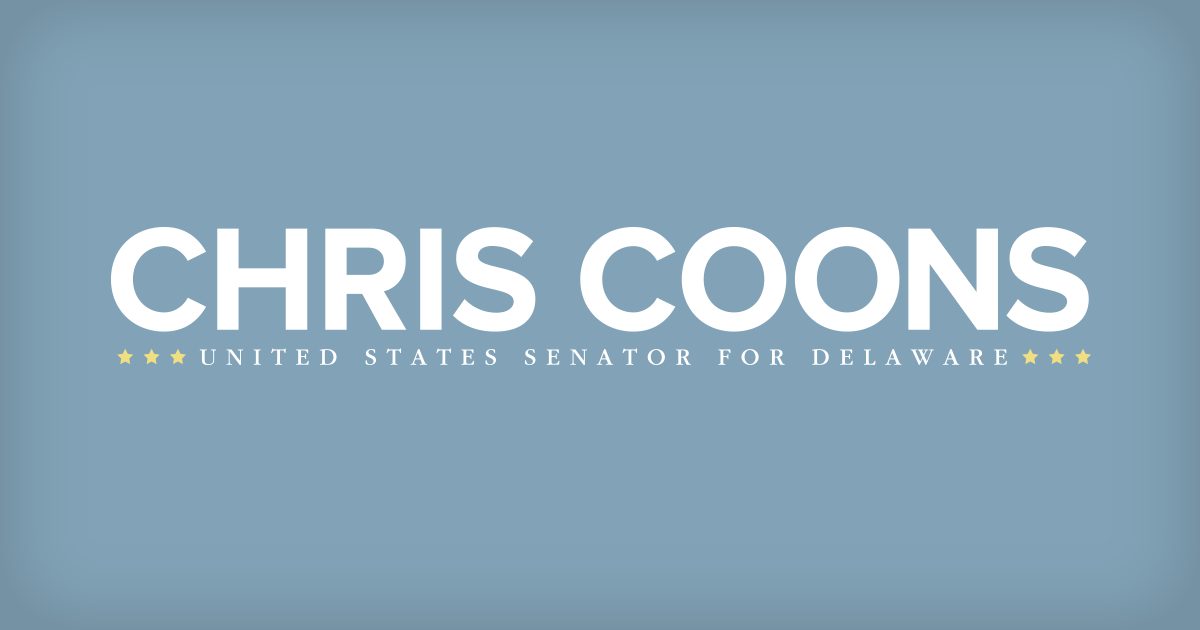Source: United States Senator for Delaware Christopher Coons
Washington – U.S. Senator Chris Coons (D-Del.) and U.S. Representative David Price (N.C.-04) published an op-ed in Foreign Policy magazine following congressional travel to Tunisia last month. In the piece, they offer takeaways from their visit, including meetings with civil society leaders and President Kais Saied, and a path for strengthening Tunisia’s economy and democracy.
Foreign Policy magazine: How Tunisia Can Save Its Economy
By Chris Coons, a U.S. senator from Delaware and a member of the Senate Foreign Relations Committee, and David Price, a U.S. representative from North Carolina.
September 26, 2022
In December 2010 and January 2011, the Tunisian people inspired the world during a 28-day pro-democracy uprising known as the Jasmine Revolution, which deposed longtime dictator Zine El Abidine Ben Ali. The Jasmine Revolution is widely seen as having catalyzed the broader Arab Spring, and for years thereafter, Tunisia stood out as the sole democratic success story to come out of that tumult. The country adopted a progressive and inclusive constitution and then held free and fair presidential and parliamentary elections in 2014 and 2019. In 2015, Tunisia’s four leading civil society groups won a Nobel Peace Prize for their efforts in securing this new constitutional order.
Tunisia’s good news story has since lost its sheen. Just over a decade after the Jasmine Revolution, democracy in the country is struggling to survive. In a series of brazen moves over the past year, Tunisian President Kais Saied—who was democratically elected in 2019—has dismissed parliament; transferred its powers to himself, assuming full executive authority; dissolved a top judicial body that served as a watchdog; and stacked the country’s electoral commission with loyalists. Initially, Tunisians largely backed Saied’s moves. The president claimed he was trying to fix a paralyzed system and, when pressed by critics, pointed to pending electoral reforms and scheduled parliamentary elections in December of this year.
Last month, we led a bipartisan, bicameral U.S. congressional delegation to Tunis, Tunisia’s capital, to see where the country goes from here. We met civil society leaders who conveyed deep frustration over years of political gridlock and corruption in their country. After a decade of democracy, Tunisians’ core demands of “jobs, freedom, and dignity”—a rallying cry of the Jasmine Revolution—have still not been met. Instead, rising unemployment, falling living standards, and food and fuel shortages have undermined public faith in democratic institutions and left many Tunisians desperately seeking a different path forward. In this context, it is easy to understand their support for Saied.
###
